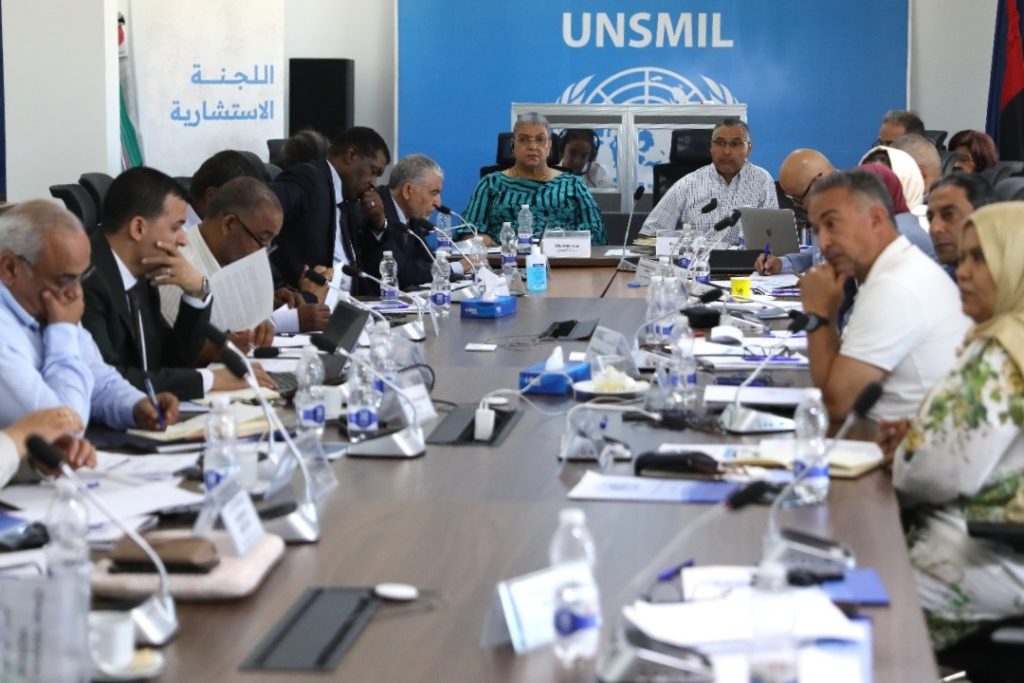Libyan academic Ragi Al-Mismari said that the online poll launched by the United Nations mission in Libya regarding the proposals of the Advisory Committee was not serious enough, noting that the number of participants did not exceed 200 people.
Online Poll Options
Al-Mismari explained in special statements to the “Sputnik” agency that the mission presented four options: holding simultaneous parliamentary and presidential elections, transitioning to a foundational period, launching a dialogue forum, and voting on them via an electronic link. He added that the mission published a short promo explaining these options, but the voting mechanism was not clear and did not show participation rates.
Technical Difficulties and Weak Participation
Al-Mismari pointed out that Libya suffers from weak infrastructure, communications, and electricity, in addition to citizens’ limited experience with handling electronic links. He noted that the link itself did not provide a confirmation message to participants, which raised doubts about its results, considering that relying solely on the mission’s Facebook page was not sufficient.
The Problem of Electoral Laws
Al-Mismari explained that the Advisory Committee presented its four options, but the mission later summoned it for a meeting with the “6+6” Committee to discuss the electoral laws, even though these laws had been issued two years ago by the committee, published in the Official Gazette, and had come into force.
Two Years Without Progress
Al-Mismari considered that returning to confirm the election option according to the “6+6” Committee’s laws means that two years of discussions have been wasted with no significant progress. He affirmed that these laws are comprehensive, conclusive, and implementable, according to the opinion of the High National Elections Commission, which has already issued their executive regulations.
Political Dilemma
Al-Mismari stressed that Libya today faces a political dilemma caused by what he described as “the behind-the-scenes dealings managed by the UN mission.” He noted that the mission’s position reveals a particular view that considers the laws complex and issued by the House of Representatives, which raises questions about whether the parliament would even allow them to be amended in the first place.
